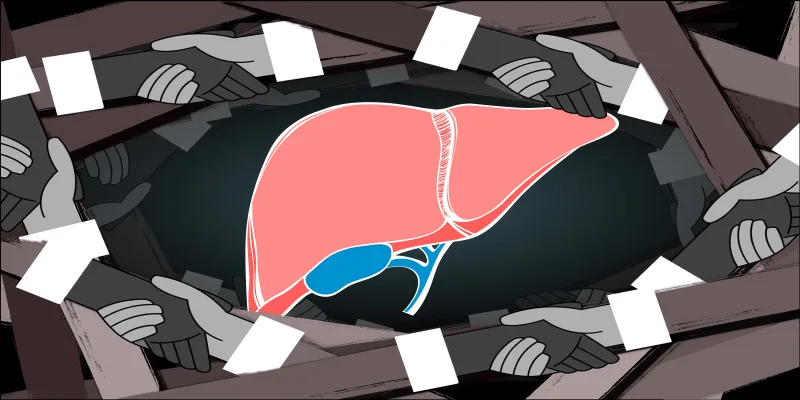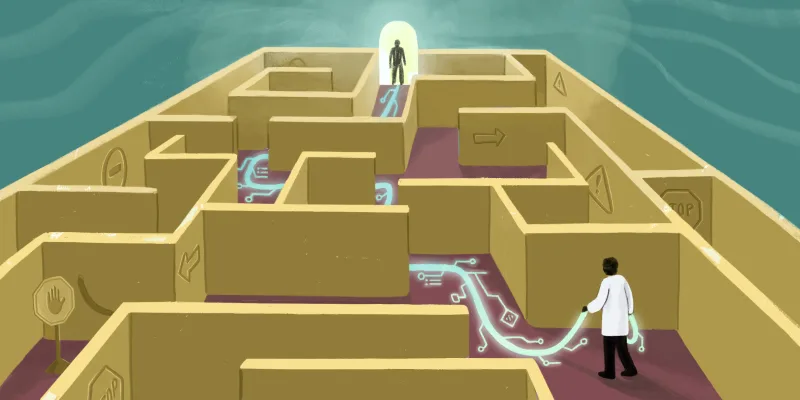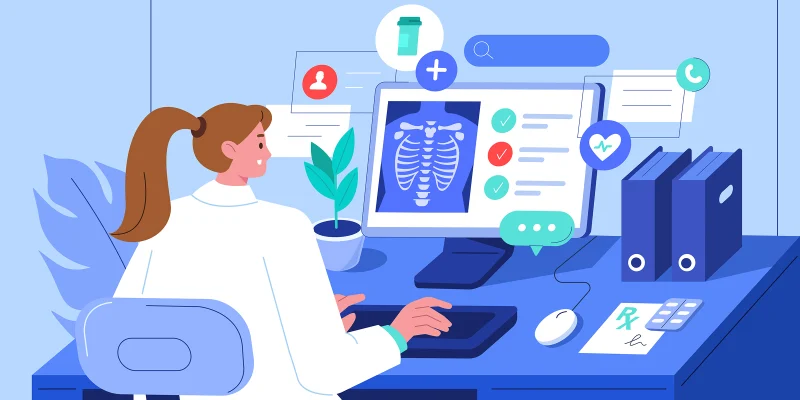The bright Miami sun shone through the windows of the psych ward. It was a complete contrast to the darkness I saw in the eyes of the patient who sat across from me.
“I just want to go home.”
This statement is one that’s often repeated in the hospital, but perhaps heard again and again in the in-patient psych wards. I continued the patient interview assigned to me as a third-year medical student. I went through my list of questions, inquiring about change in sleeping habits, appetite, and mood. As I started to wonder if I was even asking the right questions, something in me told me to turn off the academic, staid side of my brain, and just listen.
“Is something else bothering you, Mr. R?”
Something in Mr. R seemed to dissolve, and a memoir of his recent life spilled out. He recounted being separated from his only family member, his mother. He was then subject to financial hardship and ended up fending for himself on the streets. Homelessness and isolation from family certainly contributed to the situation he was in today.
In that moment, as sadness filled my heart, I tried to keep my own composure. While my medical education had prepared me well for my clinical years, this situation and the intense emotions behind it were fairly new territory to me. I could rattle off the mechanisms and side effects of the anti-depressants that Mr. R was taking, but I could not make him feel better about his situation. I felt incompetent as I weakly repeated that I was sorry for his loss.
Our vulnerable conversation ended abruptly. Mr. R didn’t seem to expect more from me, and dutifully answered more medical questions about the dosing of his medications so I had enough information to present him to the clinical care team on rounds. The residents on my team seemed to approve of my presentation, commending me further for remembering a minute difference between DSM-4 and DSM-5. Mr. R's story, however, continued to haunt me throughout the day.
As I was leaving the hospital, I walked past the ED. A case manager and nurse were loudly discussing the different options a patient had for housing upon leaving the hospital. A lightbulb lit up in my head, and I quickly walked back to the Psych Department. I flagged down the first person I could find on my care team, it happened to be the chief resident.
The chief resident heard me out as I told the whole story and asked him what could be done. He swiftly made a referral to a case manager for Mr. R, but warned me to not expect a miracle. He educated me on how social workers or case managers may not be able to resolve issues beyond their control, and in the case of Mr. R, the issues were complex.
Keeping my expectations low and not knowing what solutions to expect went hand in hand. I read the notes she had written in her encounters and looked up the organizations and systems she referenced, learning more and more about social work.
A few weeks later, I spotted a smiling Mr. R, a sight I didn’t recognize.
“They found my home!”
Confused, I asked him where he lived.
“My mom, my home is wherever she is,” He explained.
Every medical school and clinical residency program should consider providing education about social work, especially regarding how vital it is to the lives of the patients that we provide care to. The first time a medical student or resident enters a health care setting should not be their first exposure to health care case managers or social workers. Just as we practice for patient evaluations and physical exam skills, we should also practice the art of making appropriate social work referrals and recommendations. Mainstay social work organizations should be recognized in medical school classes and clinical curriculums as resources we can consult. Medical care is no doubt essential and the part of care that we are most directly responsible for, but often social work is what facilitates medical care on the end of the patient and patients should have full access to an environment that meets their unique social needs and requirements.
Even if social work is not in scope of a physician’s practice, it gives us a toolbox to ask others for help. As a physician, it is important to be armed with any and every resource possible to achieve the most desirable clinical outcome for one’s patients. It is also immensely important to have clear communication with other professionals in the hospital and ask for their expertise in areas where they can help. The talents of those in social science fields can add much to the human aspect of patient care. Medical students and residents should be taught social work terminology and basic knowledge that boosts this communication between these two health care fields and be able to see this connection in real world hospitals and clinics.
Inter-professional collaboration is the heart of helping patients, and should be further encouraged in the medical profession. In fact, I believe inter-professional collaboration should be practiced while students are in medical school so that they are built a foundation on being comfortable reaching out to others in related fields in the initial stages of their careers. All professions in the health care arena have the common goal of restoring the light in the eyes of their patients, and this is made possible by working together.
Dr. Khosla is an avid writer with a passion for medical education and pharmaceutical research and development.
All names and identifying information have been modified to protect patient privacy.
Image by GoodStudio / Shutterstock






